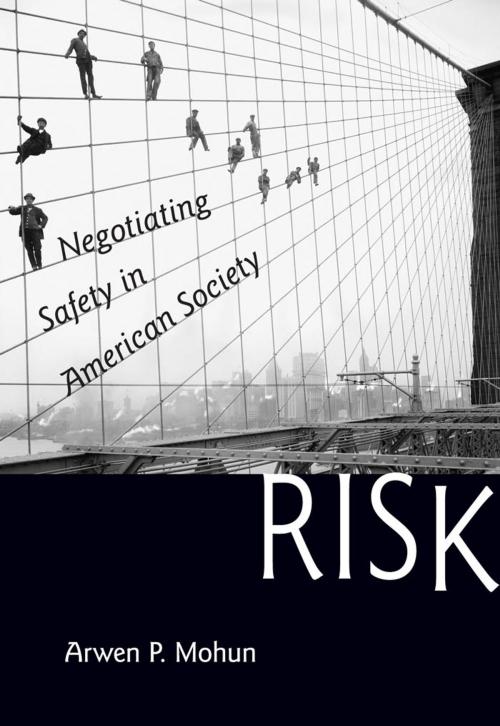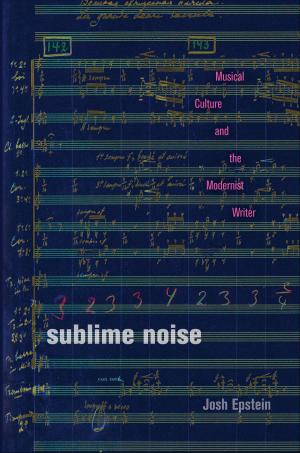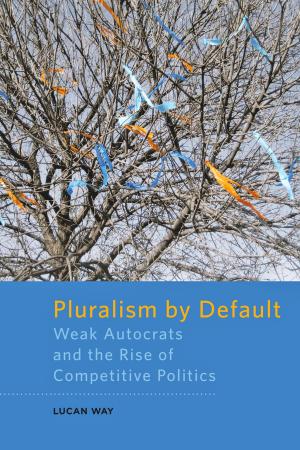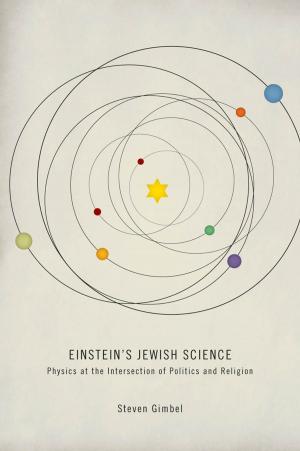Risk
Negotiating Safety in American Society
Nonfiction, Science & Nature, Science, Other Sciences, History, Americas, United States| Author: | Arwen P. Mohun | ISBN: | 9781421408255 |
| Publisher: | Johns Hopkins University Press | Publication: | February 26, 2013 |
| Imprint: | Language: | English |
| Author: | Arwen P. Mohun |
| ISBN: | 9781421408255 |
| Publisher: | Johns Hopkins University Press |
| Publication: | February 26, 2013 |
| Imprint: | |
| Language: | English |
"Risk" is a capacious term used to describe the uncertainties that arise from physical, financial, political, and social activities. Practically everything we do carries some level of risk—threats to our bodies, property, and animals. How do we determine when the risk is too high? In considering this question, Arwen P. Mohun offers a thought-provoking study of danger and how people have managed it from pre-industrial and industrial America up until today.
Mohun outlines a vernacular risk culture in early America, one based on ordinary experience and common sense. The rise of factories and machinery eventually led to shocking accidents, which, she explains, risk-management experts and the "gospel of safety" sought to counter. Finally, she examines the simultaneous blossoming of risk-taking as fun and the aggressive regulations that follow from the consumer-products-safety movement.
Risk and society, a rapidly growing area of historical research, interests sociologists, psychologists, and other social scientists. Americans have learned to tame risk in both the workplace and the home. Yet many of us still like amusement park rides that scare the devil out of us; they dare us to take risks.
"Risk" is a capacious term used to describe the uncertainties that arise from physical, financial, political, and social activities. Practically everything we do carries some level of risk—threats to our bodies, property, and animals. How do we determine when the risk is too high? In considering this question, Arwen P. Mohun offers a thought-provoking study of danger and how people have managed it from pre-industrial and industrial America up until today.
Mohun outlines a vernacular risk culture in early America, one based on ordinary experience and common sense. The rise of factories and machinery eventually led to shocking accidents, which, she explains, risk-management experts and the "gospel of safety" sought to counter. Finally, she examines the simultaneous blossoming of risk-taking as fun and the aggressive regulations that follow from the consumer-products-safety movement.
Risk and society, a rapidly growing area of historical research, interests sociologists, psychologists, and other social scientists. Americans have learned to tame risk in both the workplace and the home. Yet many of us still like amusement park rides that scare the devil out of us; they dare us to take risks.















